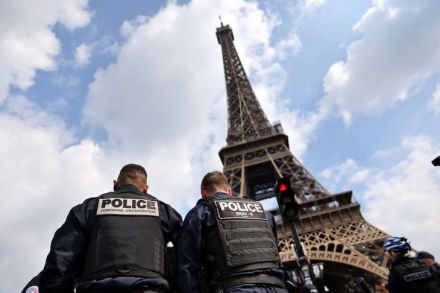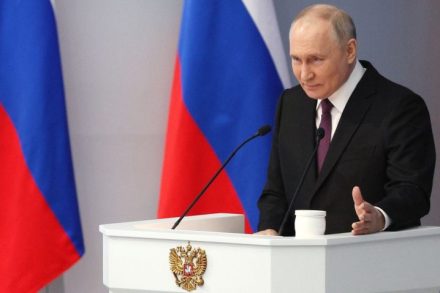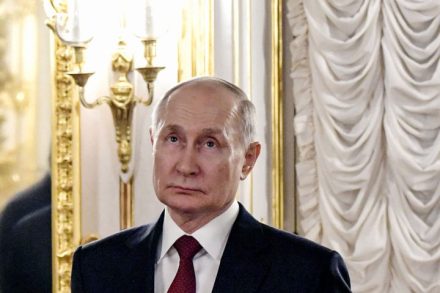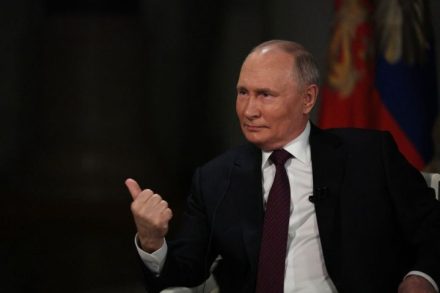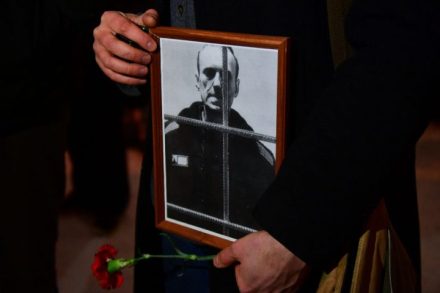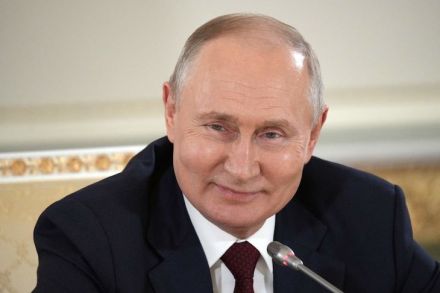Navalny’s death has left Russia’s opposition in despair
Following the wave of articles that have appeared in the Western press since Navalny’s death come three pieces from émigré Russians. All present a sobering and even chilling picture of Russia’s future now that its leading figure of opposition is gone. The first, published by the Russian-language Meduza on 4 March, was by Shura Burtin, a Russian journalist living in Prague. In his essay, ‘The world doesn’t know how to stand up to evil’, Burtin described his devastation at the news of Navalny’s death: ‘Only in the wake of Navalny’s murder did it become clear how unconsciously we still lived in hope for a “normal” future.’ The dream of a







